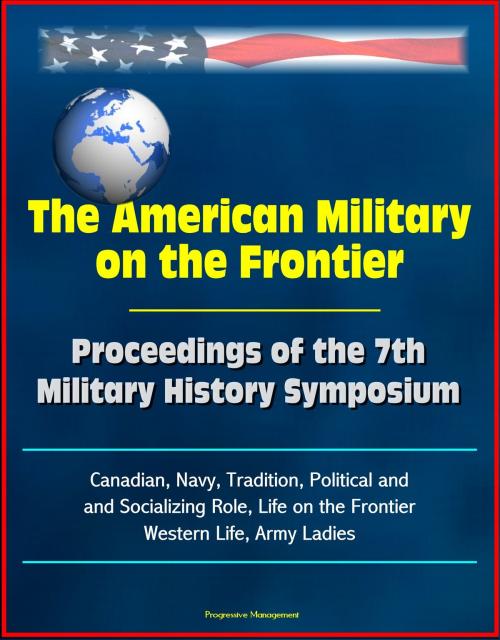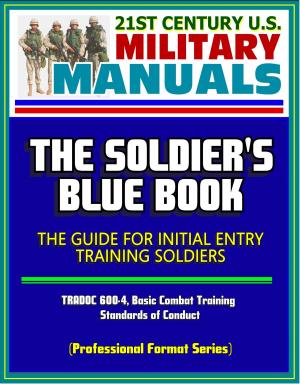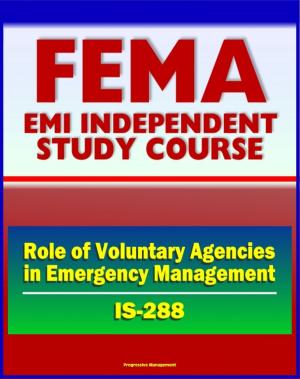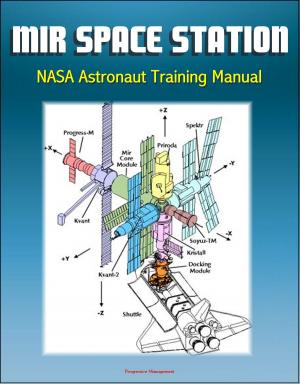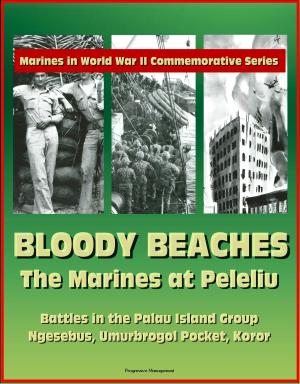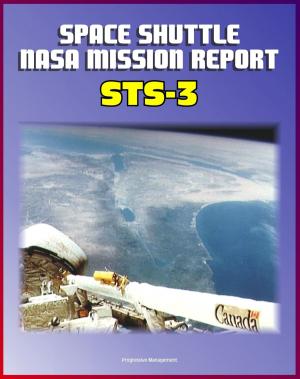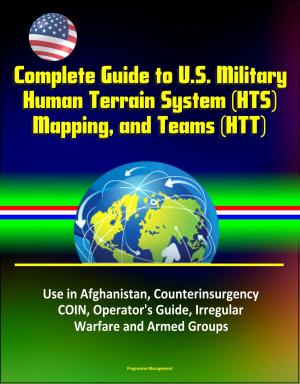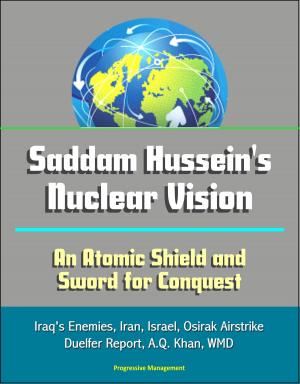The American Military on the Frontier: Proceedings of the 7th Military History Symposium, Canadian, Navy, Tradition, Political and Socializing Role, Life on the Frontier, Western Life, Army Ladies
Nonfiction, History, Military, Naval, United States| Author: | Progressive Management | ISBN: | 9781310885969 |
| Publisher: | Progressive Management | Publication: | August 16, 2015 |
| Imprint: | Smashwords Edition | Language: | English |
| Author: | Progressive Management |
| ISBN: | 9781310885969 |
| Publisher: | Progressive Management |
| Publication: | August 16, 2015 |
| Imprint: | Smashwords Edition |
| Language: | English |
Professionally converted for accurate flowing-text e-book format reproduction, this military publication presents fascinating papers about the American military on the frontier from the Seventh Military History Symposium hosted at the Air Force Academy.
They are arranged into four sections: "The Frontier and American Military Tradition," "Comparison of Military Frontiers," "Impact of the Military on the Frontier," and "Military Life on the Frontier." Papers in the first two sections address the broad sweep of the military experience on the frontier. These papers help provide perspective and conceptual framework within which to fit the more specific studies in the third and fourth sections. The fifth section, "The Seventh Military History Symposium in Perspective'' includes the reactions and commentary of three leading military historians. With a few exceptions the papers and commentary in this volume are presented in the order in which they were delivered at the symposium.
Chapter I - The Frontier and American Military Tradition * "The Contribution of the Frontier to the American Military Tradition" Robert M. Utley * Chapter II - A Comparison of Military Frontiers * "Comparison of U.S./Canadian Military Experience on the Frontier" Desmond Morton * "The Navy on the Frontier" Raymond G. O'Connor * Commentary * Comments by Robert G. Athearn * Comments by Richard A. Preston * Summary of Discussion * Chapter III - Impact of the Military on the Frontier * "The Political Role of the Military" Richard N. Ellis * "The Socializing Role of the Military" Jack D. Foner * "The Military and the Colorado Frontier" Marshall Sprague * Commentary * Comments by Roger L. Nichols * Summary of Discussion * Chapter IV - Military Life on the Frontier * "The Enlisted Soldier on the Frontier" Henry P. Walker * "The Ladies of the Army—Views of Western Life" Sandra L. Myres * Commentary * Comments by James T. King * Chapter V - The Seventh Military History Symposium in Perspective * Comments by Theodore Ropp * Comments by Harry L. Coles * Comments by Reverend Francis Paul Prucha * Summary of Discussion * Participants
The nature of the topic for this symposium brought together military historians, frontier historians, western historians, and local historians. Each of these groups addressed the topic from a different perspective. Military historians tended to view the experience of the American military on the frontier as an interesting but relatively insignificant episode in American military history. Frontier historians tended to view the military as one of many forces involved in the century-long expansion of the United States across the American continent. Western and local historians tended to view the military in terms of interest in the trans-Mississippi frontier and the plains Indian wars of the late nineteenth century. While military and frontier historians were often more interested in campaigns and doctrine, the broad sweep of history, western and local historians were often more interested in battles and personalities, the rich detail of history. The planners of the symposium attempted to address the interests of both groups.
Professionally converted for accurate flowing-text e-book format reproduction, this military publication presents fascinating papers about the American military on the frontier from the Seventh Military History Symposium hosted at the Air Force Academy.
They are arranged into four sections: "The Frontier and American Military Tradition," "Comparison of Military Frontiers," "Impact of the Military on the Frontier," and "Military Life on the Frontier." Papers in the first two sections address the broad sweep of the military experience on the frontier. These papers help provide perspective and conceptual framework within which to fit the more specific studies in the third and fourth sections. The fifth section, "The Seventh Military History Symposium in Perspective'' includes the reactions and commentary of three leading military historians. With a few exceptions the papers and commentary in this volume are presented in the order in which they were delivered at the symposium.
Chapter I - The Frontier and American Military Tradition * "The Contribution of the Frontier to the American Military Tradition" Robert M. Utley * Chapter II - A Comparison of Military Frontiers * "Comparison of U.S./Canadian Military Experience on the Frontier" Desmond Morton * "The Navy on the Frontier" Raymond G. O'Connor * Commentary * Comments by Robert G. Athearn * Comments by Richard A. Preston * Summary of Discussion * Chapter III - Impact of the Military on the Frontier * "The Political Role of the Military" Richard N. Ellis * "The Socializing Role of the Military" Jack D. Foner * "The Military and the Colorado Frontier" Marshall Sprague * Commentary * Comments by Roger L. Nichols * Summary of Discussion * Chapter IV - Military Life on the Frontier * "The Enlisted Soldier on the Frontier" Henry P. Walker * "The Ladies of the Army—Views of Western Life" Sandra L. Myres * Commentary * Comments by James T. King * Chapter V - The Seventh Military History Symposium in Perspective * Comments by Theodore Ropp * Comments by Harry L. Coles * Comments by Reverend Francis Paul Prucha * Summary of Discussion * Participants
The nature of the topic for this symposium brought together military historians, frontier historians, western historians, and local historians. Each of these groups addressed the topic from a different perspective. Military historians tended to view the experience of the American military on the frontier as an interesting but relatively insignificant episode in American military history. Frontier historians tended to view the military as one of many forces involved in the century-long expansion of the United States across the American continent. Western and local historians tended to view the military in terms of interest in the trans-Mississippi frontier and the plains Indian wars of the late nineteenth century. While military and frontier historians were often more interested in campaigns and doctrine, the broad sweep of history, western and local historians were often more interested in battles and personalities, the rich detail of history. The planners of the symposium attempted to address the interests of both groups.
